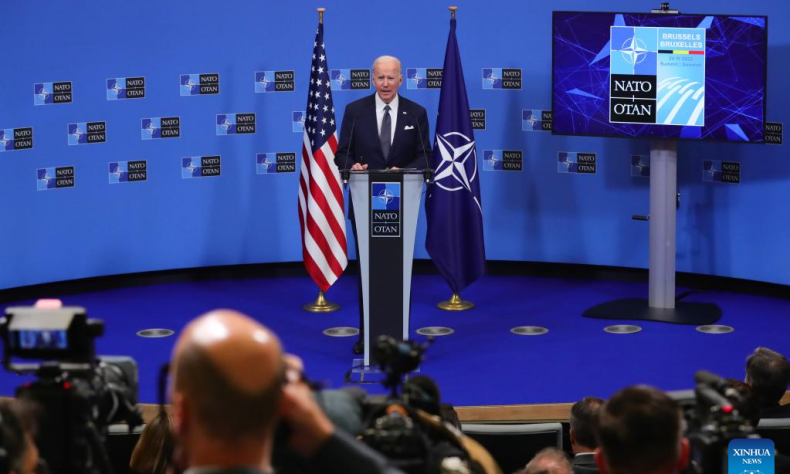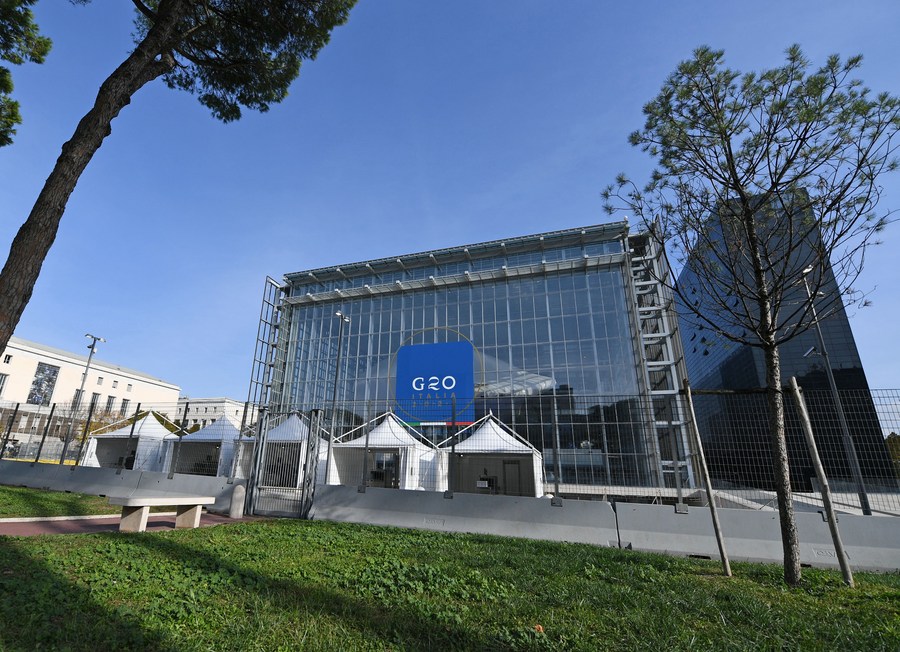American Ambition or Naive Assumption?

Russia’s role in the G8 was relatively limited. Today America practices turning back the wheel of history, rather than marching into the world of tomorrow?
One month after the Russia-Ukraine conflict erupted in full force, U.S. President Joe Biden flew to Europe to call on American allies to impose tougher sanctions against Russia. During a meeting of NATO leaders in Brussels, Belgium, Biden once again uttered his proposal that Russia should be removed from the Group of 20 (G20) major world economies. Yet America’s goal in se seems unattainable.
The 17th G20 Heads of State and Government Summit will take place in November in Bali, Indonesia. As rotating presiding country, Indonesia has made it clear that the event is a gathering to discuss global economic issues. It should therefore not include the conflict between Russia and Ukraine, nor be pressured into excluding Russia from the organization.
Brazil, India and China also believe that according to the group’s history and constitution, one member state does not have the right to “expel” another. European allies of the U.S. mostly maintain their silence on the issue; they have vital interests at stake here. If the Russia-Ukraine conflict is not properly resolved, the consequences for the recovery of the European economy will be disastrous. And Russia? The country appears to be keeping its cool, saying President Vladimir Putin will attend the summit as planned.

The U.S. will find it far more difficult to ban Russia from the G20 than from the Group of Eight (G8). In March 2014, the G8 announced its suspension of Russia’s membership following Moscow’s incorporation of the Crimean Peninsula. But the G8 and the G20 were, and are, very different in nature.
The G8 was generally considered a “country club” dominated by the U.S. In 1997, the Group of Seven industrialized nations extended an invitation to a weakened Russia, more as an act of charity and a symbol of Cold War victory than anything else. Russia’s role in the G8 was relatively limited. Today America practices turning back the wheel of history, rather than marching into the world of tomorrow?
 Facebook
Facebook
 Twitter
Twitter
 Linkedin
Linkedin
 Google +
Google +










